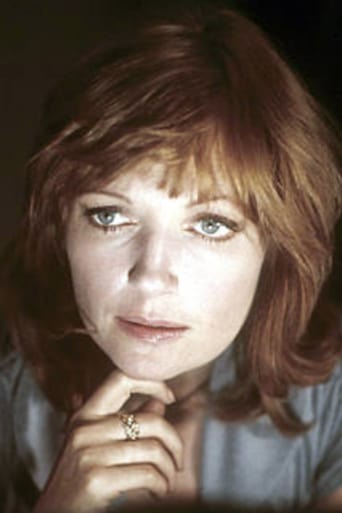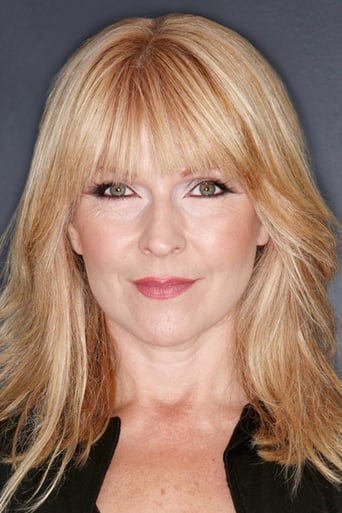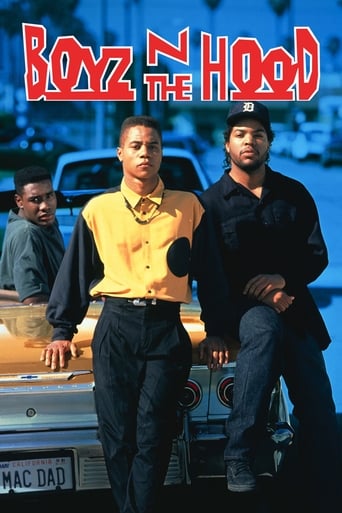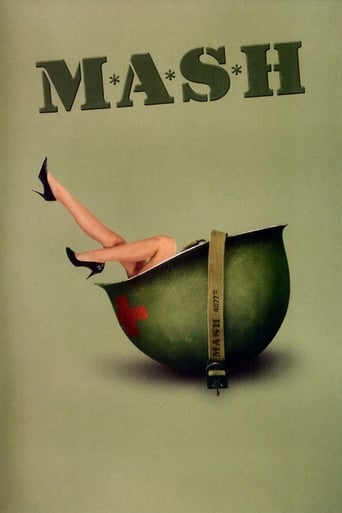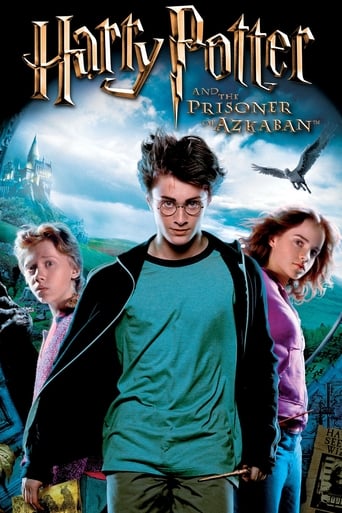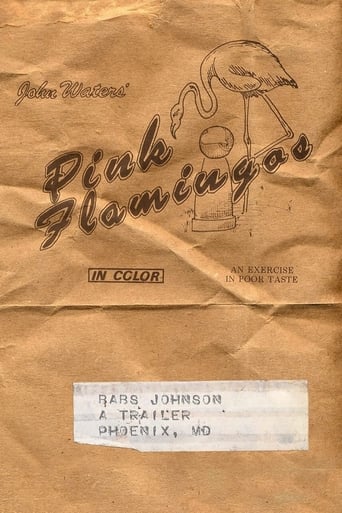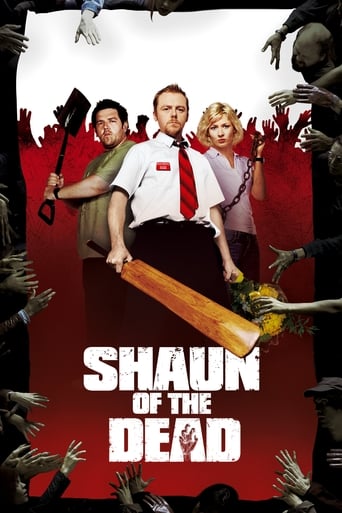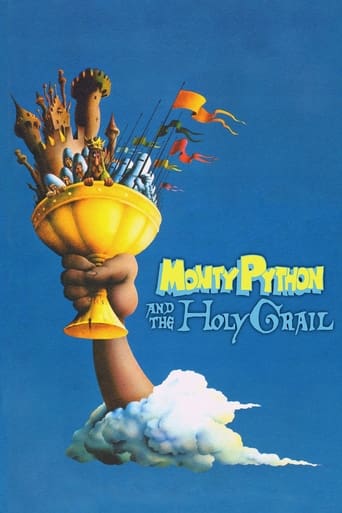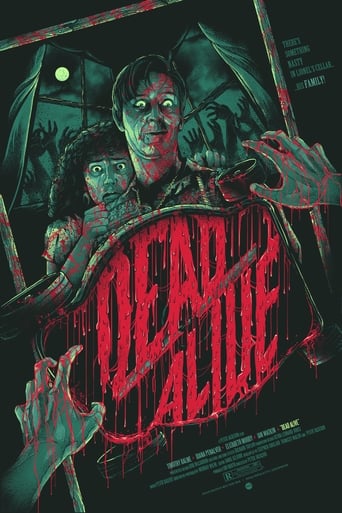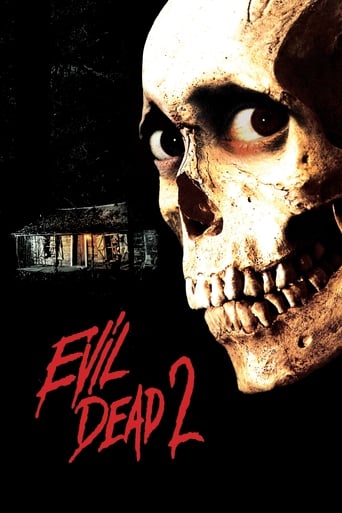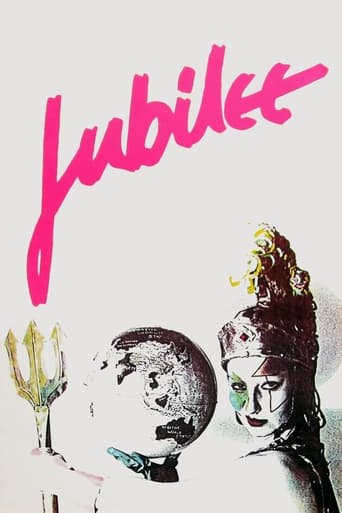
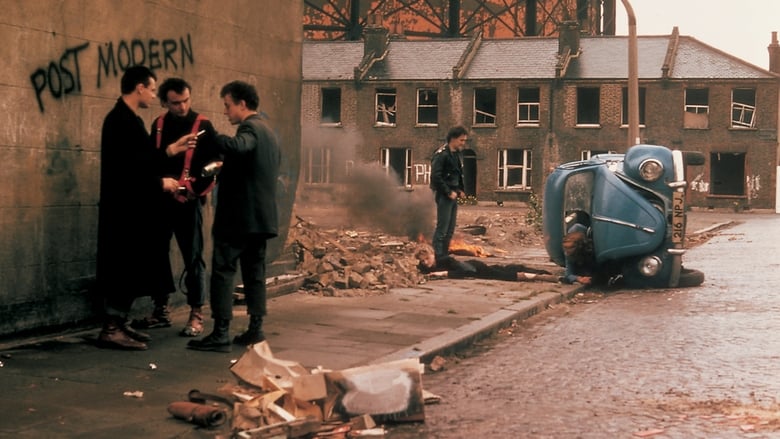
Jubilee (1979)
Queen Elizabeth I visits late 1970s England to find a depressing landscape where life has changed since her time.
Watch Trailer
Cast


Similar titles
Reviews
Unfortunately our time on earth is limited and the amount of it that you might spend watching this pointless drivel will never be returned to you. I gave it a half hour of my life-span and decided it was quite enough.Take it from me, I've seen my share of art-house films or grade-Z exploitation flicks. This was just complete garbage
OK, so it's not polished Hollywood, but nor was late 1970's Britain for the youth of the time. It will help viewers hugely if they are old enough to appreciate this film in context. This was never intended to be light family viewing, and it makes not even the slightest effort to follow standard movie rules. Instead, this represents the disconnection youth felt from authority, be it the power holding class or big business which just seeks to exploit (ooh, nothing changed there). In this movie, the Punks have taken over the streets and the corporations still pull the strings from their protected mansions. Religious groups are not going to like the raw attention to sex and violence which society does its best to bottle-up and deny exists (funnily enough we have retrograded these days into political correctness).Media and institutions are more sophisticated at managing us these these days, and the youth of today has different issues - but the message of the film is a relevant today (maybe even more so) at it was in 1978.Watch with an open mind !
Clearly this is not a movie for just everybody. It's an artistic movie, without a real story in it and lots of odd moments and characters in it. However once you get into the movie and understand its 'world' you get somewhat taken by it, no matter how weird things get.This is the sort of production you normally will only see in some obscure and small theater. It's also probably where it belongs, since it's not really the type of thing that translates itself well to the silver screen. The artistic approach to its world, characters and the acting and the whole idea behind this movie seems to be all more suitable for a theater production than a movie really.But having said that, I obviously didn't hated watching this movie. I could really appreciate it for what it was and what it was trying to do and tell. It's a kind of pretest movie and social commentary, that seems to fit really well within its time period and captures its time period really well too. The movie has a rebellious flair to it and it's kicking against numerous things, which all made me remind this movie somewhat of "A Clockwork Orange" (which this movie also tries to impersonate, I believe), also with all of its characters, settings and dialog. Surprisingly enough the movie also has some good musical numbers in it. After all, the movie is still a punk rock movie as well, which all also really adds to the movie its overall style of film-making and its atmosphere that goes along with it.This movie is simply good enough for what it is, once you get into it.6/10http://bobafett1138.blogspot.com/
Derek Jarman's Jubilee (1977) is a bleak work of ferocious vision and bold satirical intent, far removed from the director's more intellectual or painterly works, such as Caravaggio (1986), War Requiem (1989), Edward II (1991) and Wittgenstein (1993). It could also be seen as something of a precursor to the visceral aggression and cultural desolation presented in his later project, The Last of England (1987), which presented a similar sense of outrage and impressionist image-weaving, albeit, without the broader strokes of character. With this film, Jarman mixes his own social and political ideologies with the ideas at the forefront of punk; taking both the sense of liberation and the dangerous sense of apathy and aggression presented in both the style and the attitude of that particular era, and applying it to a story that involves elements of history, theology and science fiction.With the juxtaposition of ideas, Jarman presents us with the alarming vision of England in decline; seeing the present by way of the past, and further depicting a dystopian future very much reminiscent of our own. The story is given a further ironic twist by presenting the image of Queen Elisabeth I as she journeys to the future of late 70's Britain on the eve of the Silver Jubilee, and finds a world in which punk terrorists have taken over the streets, rampaging through shopping centres, looting houses and generally giving a grubby two-fingered salute to anyone courageous enough to represents the mindless masses or the ultra chic bourgeoisie. Certainly, with these factors in mind, Jubilee is not an easy film to appreciate on any level, with the brutality of the imagery and the shocking vulgarity of the world as it is presented being incredibly bleak and incredibly prescient; whilst the visualisation of the film is brash, jarring, clearly exploitative and generally rough around the edges.The film wallows in sordidness for the first half-hour, as we watch characters wandering through a sadistic wasteland engaging in sex, violence and murder. However, this limited description might lead certain audiences to expect a gritty action film that presents violence as entertainment and coolly ironic characters akin to Kubrick's A Clockwork Orange (1971) and Walter Hill's The Warriors (1979), in which street violence and dystopia are presented as chin-scratching entertainment. Jubilee makes no attempt to entertain the audience on a conventional level, instead offering a serious statement of intent. If you want to enjoy Jubilee, or any of Jarman's work, you must do so on his terms, not on your own. To call it a punk film is misleading too. Here, the appropriation of the punk ethos seems satirical, rather than genuine. Obviously Jarman wasn't a punk and wasn't even of the generation, but he clearly saw something within the scene, again, be it in the liberating freedom that punk could offer, or in the apathy and aggression that came as a direct result of the political climate of the time.In fact, the film seems purposely stylised to conform to the fashion of the punk rock-status quo in an almost ironic manner that stresses the director's cynical, satirical intent. The cast for example reads like the veritable who's who of seventies cult, with characters Lindsay Kemp, Jenny Runacre, Little Nell, Wayne Country, Richard O'Brien, Jordan, Toyah and Adam Ant all popping up to deliver disarming performances; part pantomime/part existential theatre. The second half of the film wanders slightly; there are examinations on sexuality, a prolonged attack on the music industry and brutal violence between the punks and police which causes both sides to question the immoral decadence being flaunted in the name of rebellion. There are also musical numbers, political manifestos, agitprop, and screaming polemic as well as an extraordinarily vivid sequences shot on fuzzy 8mm film, featuring Jordan dressed as a ballerina dancing in a junkyard.It's one of the most grimly beautiful and evocative images that Jarman ever created; that sense of true tranquil beauty against a vicious, decaying urban wasteland. A moment of quiet reflection within a film of ferocious energy and aggression and yet tinged with a great sense of sadness and theatrical melancholia. It somehow puts the entire film into context, uniting all facets of the film beyond the past present and future and yet still retaining a great sense of nostalgia and reflection. This one seemingly abstract sequences manages to go beyond the merely aesthetic to offer the ultimate visual metaphor of the punk spirit, England in the 70's and Jubilee itself.


